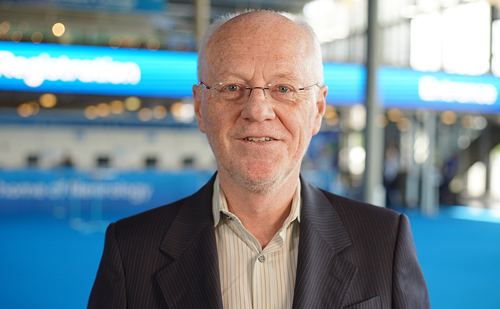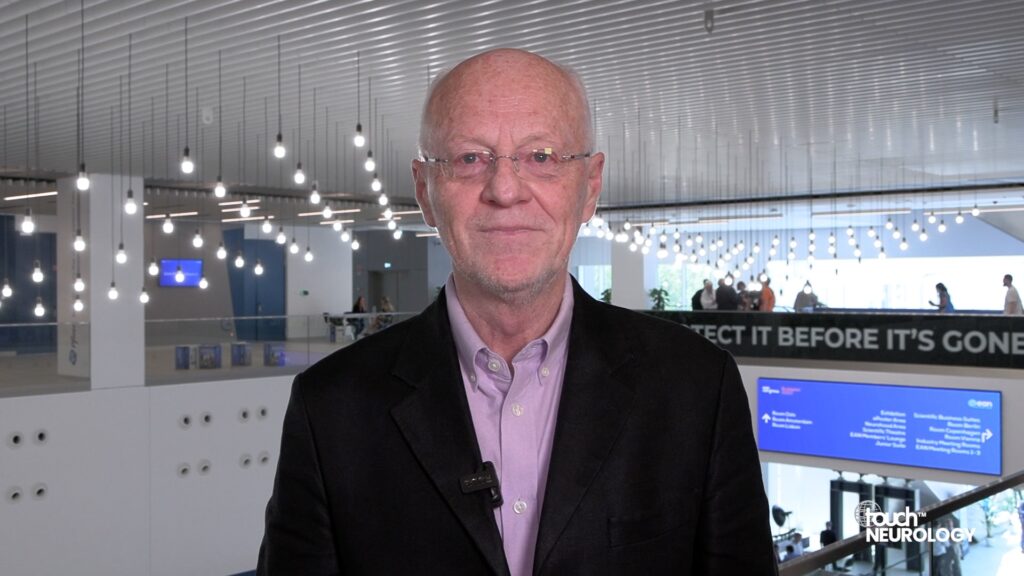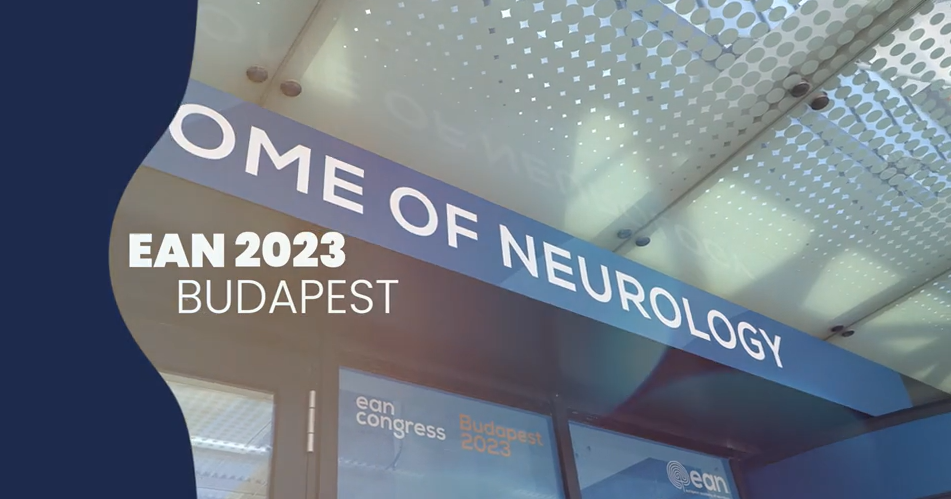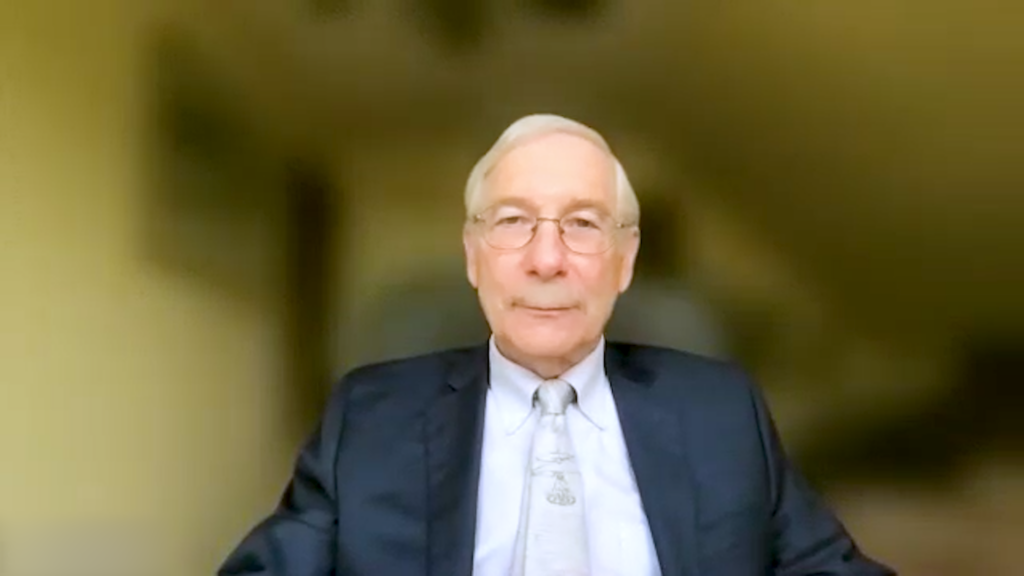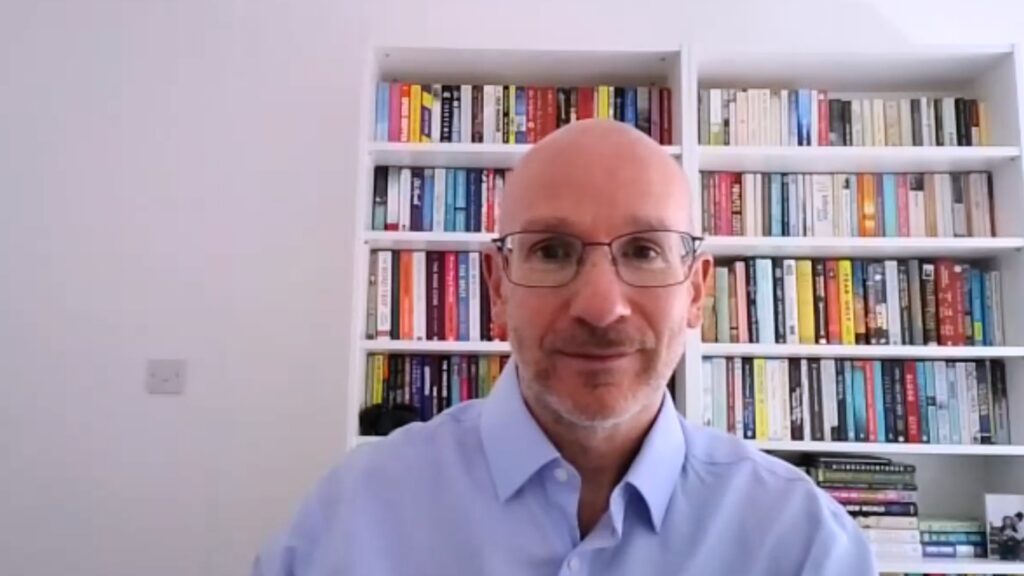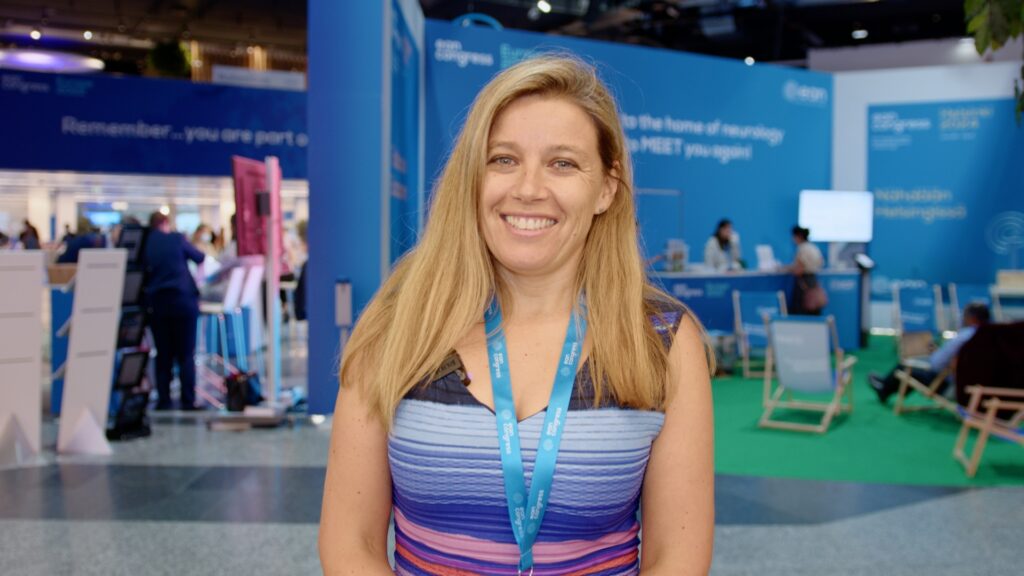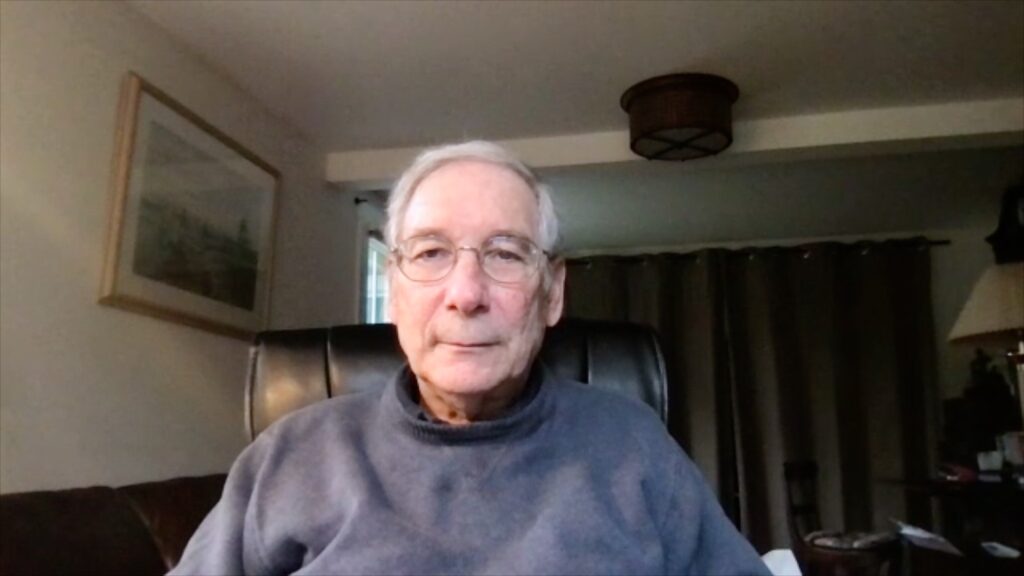Prof Stewart Tepper (Geisal School of Medicine – Dartmouth, Hanover, NH, USA) shares one the most exciting presentations from the 75th AAN Annual Meeting, 2023. The results of the PRODROME study represent a paradigm shift in headache management and the data are a very exciting advance for headache and migraine specialists.
Disclosures: Stewart Tepper has received grants for research (no personal compensation) from Allergan/Abbvie, Amgen, Eli Lilly, Lundbeck, Neurolief, Novartis, Satsuma and Zosano. He is a consultant and/or member of the advisory boards (honoraria) for Aeon, Allergan/Abbvie, Alphasights, Amgen, Aruene, Atheneum, Axsome Therapeutics, Becker Pharmaceutical Consulting, BioDelivery Sciences International, Biohaven, ClearView Healthcare Partners, ClickTherapeutics, CoolTech, CRG, Decision Resources, Defined Health, DRG, Eli Lilly, ExpertConnect, FCB Health, Fenix, GLG, Guidepoint Global, Health Advances, Health Science Communications, HMP Communications, Impel, Initiatior Pharma, InteractiveForums, Keyquest, Ki Health Partners, Krog and Partners, Lundbeck, M3 Global Research, Magnolia Innovation, MJH Holdings, Miravo Healthcare, Neurofront Therapeutics, Neurolief, Novartis, P Value Communications, Pain Insights, Inc, Palion Medical, Pulmatrix, Putnam Associates, Rehaler, SAI MedPartners, Satsuma, Slingshot Insights, Spherix Global Insights, Strategy Inc, Synapse Medical Communication, System Analytic, Taylor and Francis, Tegus, Teva, Theranica, Tremeau, Trinity Partners, Unity HA, Vial, XOC and Zosano. He receives his salary from Dartmouth-Hitchcock Medical Center and Thomas Jefferson University. He has received CME honoraria from the American Academy of Neurology, American Headache Society, Annenberg Center for Health Sciences, Catamount Medical Education, Diamond Headache Clinic, Forefront Collaborative, Haymarket Medical Education, HMP Global, Medical Education Speakers Network, Medical Learning Institute Peerview, Migraine Association of Ireland, Miller Medical Education, National Association for Continuing Education, North American Center for CME, The Ohio State University, Physicians’ Education Resource, PlatformQ Education, Primed, Vindico Medical Education and WebMD/Medscape.
Support: Interview and filming supported by Touch Medical Media. Interview conducted by Sophie Nickelson.
Filmed as a highlight of the 75thAAN Annual Meeting, 2023
Transcript
Hello, I’m Stewart Tepper. I’m a professor of neurology at the Geisel School of Medicine at Dartmouth in Hanover, New Hampshire. The American Academy of Neurology Meeting in Boston in April of 2023, offered a variety of studies that have very important clinical implications, some of which are both innovative and astonishing, and some of which are pivotal. So what I would like to do is to go through a few of these with you.
The first study and I think the most interesting study in the entire meeting from a headache management standpoint was a study of Ubrogepant in three headache symptoms of migraine.
In migraine, neurologists are well aware that migraine comes in phases, and most people can tell that a migraine is coming on. So over 70% of people will know they will either have a prodrome of symptoms that are generally associated with the actual headache pain itself, such as fatigue, neck stiffness, sensitivity to light or noise, difficulty concentrating, and or they will have an aura.
This very innovative study was a randomized controlled trial of people who could tell that a migraine was going to come on, that the headache pain was going to come on. And there was a screening period of two months in which participants had to record three to sixteen qualifying pre-headache events.
And then four to sixteen of those events, they had to have successfully predicted that headache pain would occur at least seventy five percent of the time, or three events a hundred percent of the time. And then in this very very rigorous study, those patients who qualified were randomized to either receive placebo or Ubrogepant 100 milligrams, which they would take during their pre headache event, and then after a week’s washout, they were crossed over, so the patients who got placebo, then got Ubrogepant hundred milligrams, or placebo.
And the primary endpoint, which you’ve never heard of before, was the absence of headache pain of moderate to severe intensity within twenty four hours after taking the double blind intervention during the pre headache phase.
And the results were that forty six percent of the patients who took the Ubrogepant were able to avoid the headache pain for 24 hours compared to twenty nine percent of placebo, highly statistically significant, and the Ubrogepant treated patients were more than twice more likely to avoid the headache pain with the extent of the avoidance and prevention of the headache pain going actually out to forty eight hours. The most common prodrome symptoms were, as I said, those that occur during migraines itself: photophobia, phonophobia, fatigue, neck pain, and a sense of dizziness.
So this is a very important study in that we can intervene with Ubrogepant, which is extremely well tolerated, have patients treat at the earliest hint that a headache is coming, that the headache pain is coming, have them be pain free for twenty four to forty eight hours never develop the headache, and gepants do not cause transformation to chronic migraine or medication overused, so this is a big paradigm shift for migraine treatment, and headache specialists are very excited to be sharing this with neurologists around the world.

